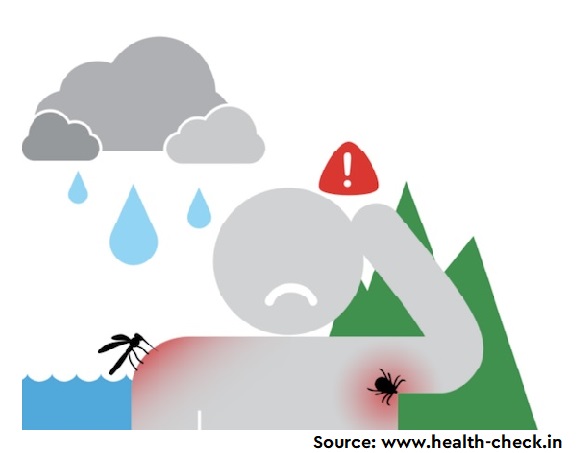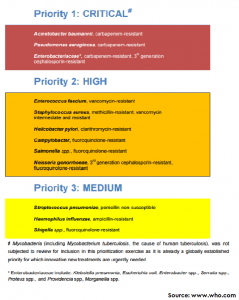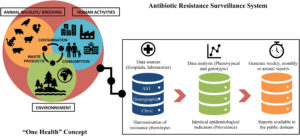The climate change affects the social, economic and environmental determinants of health. It is the ultimate challenge of our times. Climate change is projected to impact both endemicity and prevalence of infectious diseases. Pathogen distribution, particularly the geographic and temporal distribution of vector-borne diseases like dengue and malaria, is expected to be impacted by the projected global temperature increase of 1.5-2°C. The impact will be exacerbated by ecological imbalances such as overcrowding, pollution, excessive natural resource consumption, deforestation, and general ecosystem degradation. The other implications of climate change are flooding after heavy rains or increasingly depleted and polluted global freshwater resources, exacerbate existing health system vulnerabilities, as well as human and animal morbidity and mortality from vector-borne, food-borne, and water-borne infectious diseases.
The article also points out the evaluation of the climate change affects such as infectious disease is a challenging, as the disease process can occur hidden and the parallel immunity gains can lead to the depletion of susceptible individuals. The crux is, increasing in infections can lead to increased use of antimicrobials. If they are misused, it can lead to drug resistance. Therefore, the authors recommend effective mitigation and adaptation efforts that require a One Health strategy focusing on the establishment and improvement of surveillance activities.
To know more about diverse effects of climate change, mitigation, and adaptation of one health strategies, please visit the website of International Journal of Infectious Diseases (Link).







